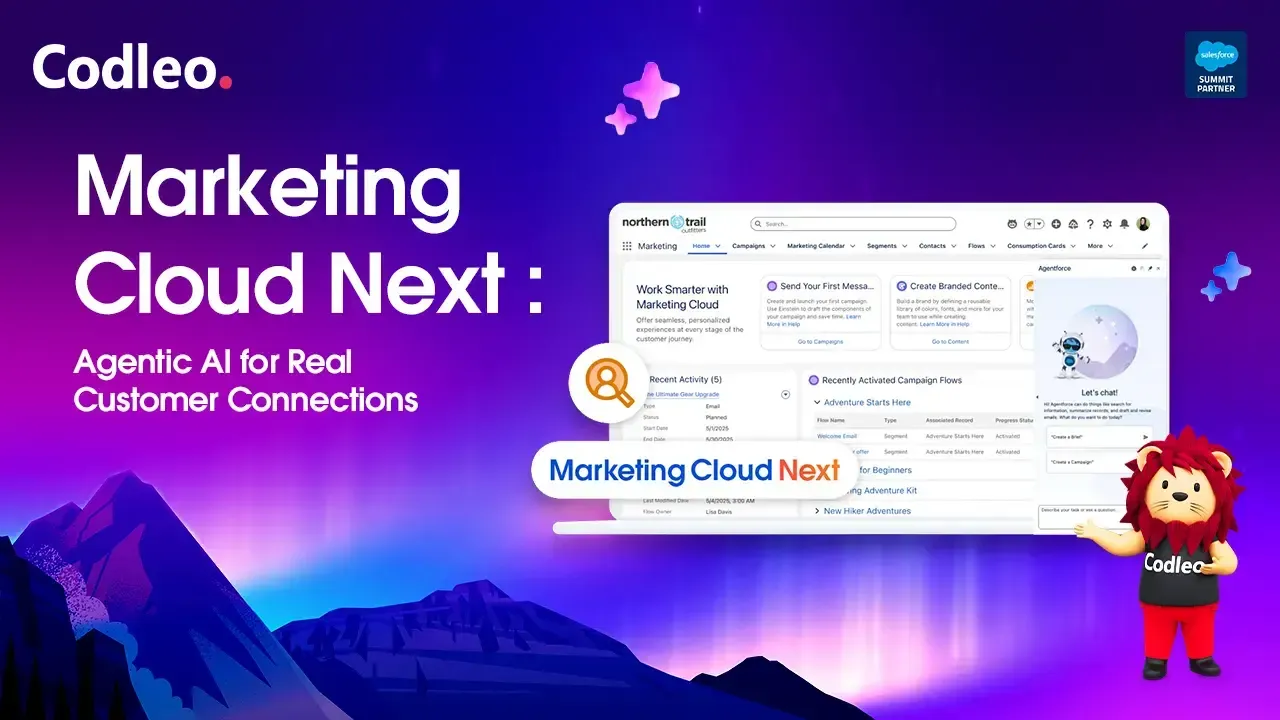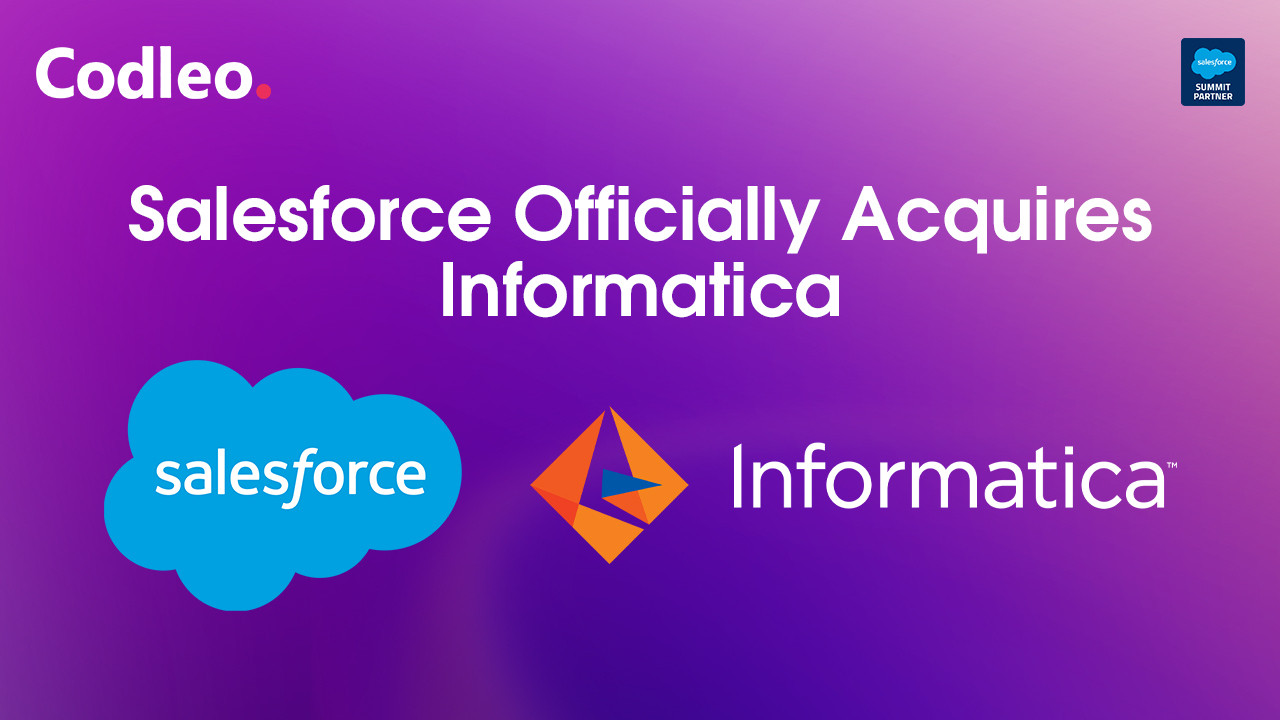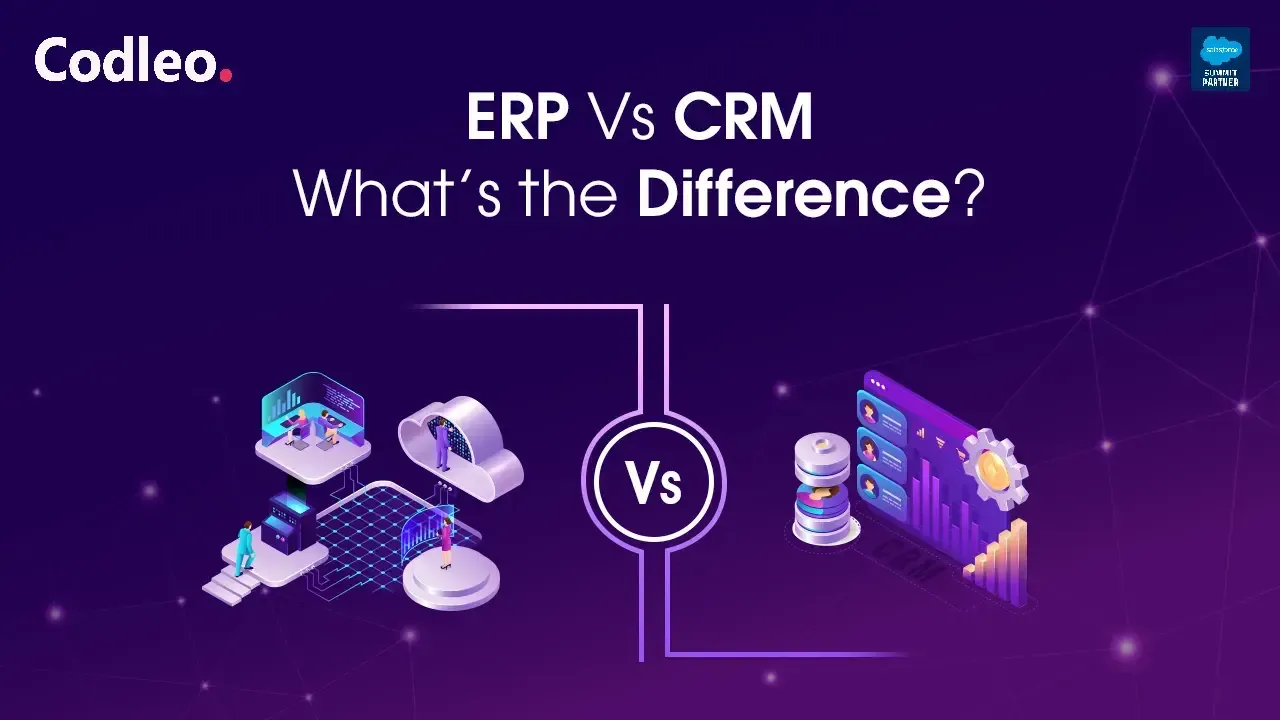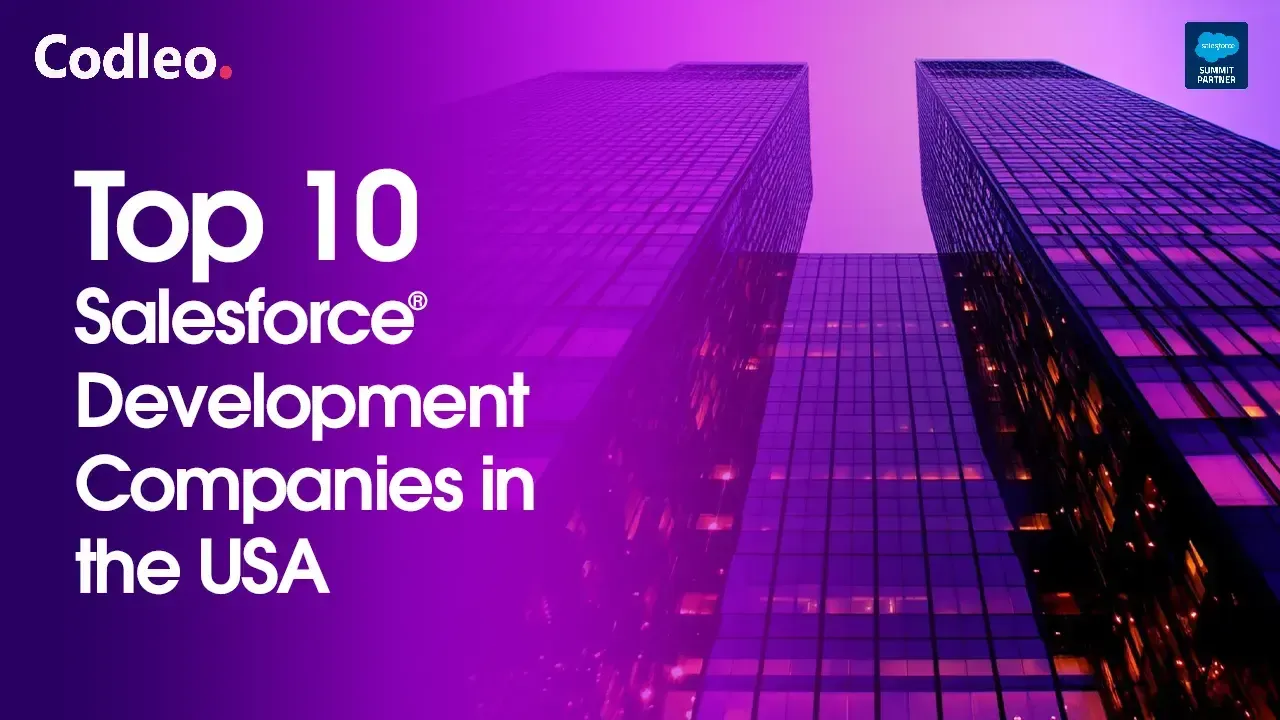Publish date:
In this second part of the two-blog series, we resume talking about some of the latest technologies that one must know or learn in 2021 and beyond, to remain relevant for all the right reasons. Let's deep dive into these technologies straight away.
Artificial Intelligence - What do Siri, Amazon product recommendations and Waze have in common? Any guesses? If no, the answer is Artificial Intelligence or simply put AI. These three are examples of AI in our daily lives. All of us who are using a computer, smartphone, or other smart device is already using AI without realising it. Siri is your personal assistant using voice processing while Amazon suggests products using machine learning algorithms. Let’s understand what Artificial Intelligence is in simple layman words. It refers to the concept where machines “think like human beings”. Machines are able to perform tasks like reasoning, planning, learning, and understanding language. It works on a technology known as “machine learning”. Machine learning is the concept of having computers learn from data with minimal programming. This is not to say that AI is going to replace humans and their brains anytime soon. It just makes our jobs easier and productive.
Internet of things (IoT) - It refers to a network of various devices that are linked together. Interrelated, they are able to share data between themselves. These electrical devices are linked via Wi-Fi. Thus, they are able to share the data according to the environment and how they are actually used. This particular field “Internet of things (IoT)” is the future. Currently, home gadgets, vehicles, enabled devices are linked to share the data through the internet. The Internet of things (IoT) authorizes the connection between several devices but as well as provide remote access. A simple example of IoT is the tracker Apple smartwatch which is gaining popularity.

Blockchain - Blockchain makes the history of any digital asset unalterable and transparent using decentralization & cryptographic hashing. It is an especially promising and revolutionary technology because it helps reduce risk, stamps out fraud, and brings transparency in a scalable way for myriad uses. A blockchain is decentralized, so there is no single authority that can approve the transactions or set specific rules to have transactions accepted. That means there is a huge amount of trust involved since all the participants in the network must reach a consensus to accept transactions.
Robotic Process Automation - Robotic process automation (RPA) is the use of software with artificial intelligence and machine learning competencies to handle high-volume, repeatable jobs that previously required humans to perform. These jobs comprise queries, calculations, and maintenance of records and transactions. Just as industrial robots are remaking the manufacturing industry by generating higher production rates and improved quality, RPA “robots” are revolutionizing the way we think about business processes, IT support & workflow processes, remote infrastructure, and back-office work. RPA provides dramatic enhancements in accurateness, progression time, and increased output in transaction processing while it uplifts the nature of work by removing people from dull, repetitive tasks.















